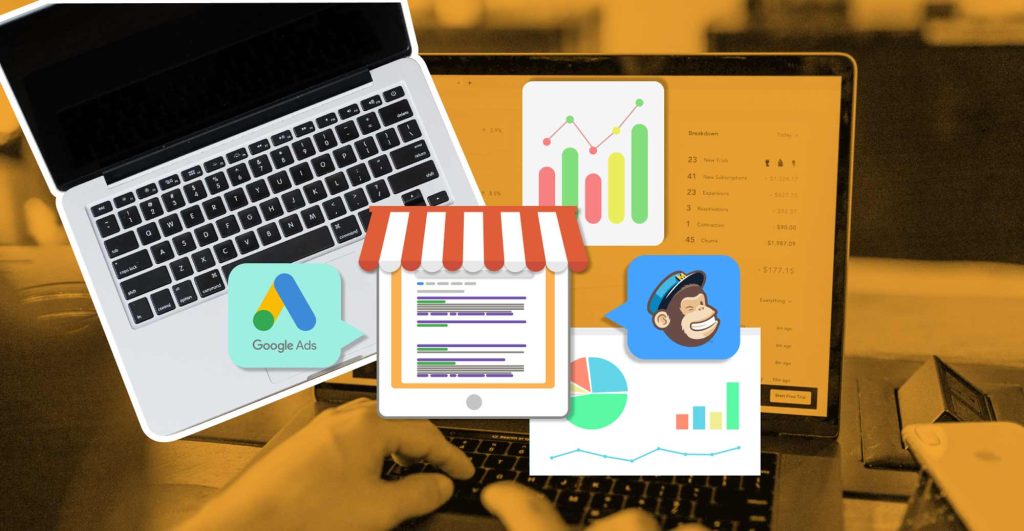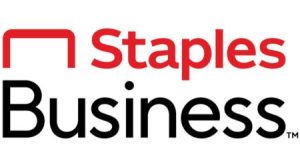Running a small business in today’s fast-changing digital world can feel overwhelming. From reaching customers online to keeping track of sales and managing social media, business owners need the right support to stay ahead. That’s where marketing tools for small business come in. These tools save time, cut costs, and help even the smallest businesses compete with larger companies.
In this article, we’ll explore the best marketing tools for small business owners in 2025, why they matter, and how they can make your work easier. Don’t worry—we’ll keep it simple so that even a 15-year-old could understand how these tools work.
Why Small Businesses Need Marketing Tools
Imagine trying to build a house without a hammer or nails—it wouldn’t be possible. The same goes for running a small business without the right marketing tools for small business. These tools help you:

-
Reach the right audience online
-
Create strong brand awareness
-
Build trust with customers
-
Save money compared to hiring big marketing agencies
-
Track performance and make smart business decisions
In short, they make marketing simple, fast, and more effective.
Categories of Marketing Tools for Small Business in 2025
1. Social Media Marketing Tools
Social media platforms like Instagram, Facebook, LinkedIn, and TikTok are where most customers spend time daily. Tools such as Buffer, Hootsuite, or Later allow small business owners to:
-
Schedule posts in advance
-
Manage multiple platforms from one dashboard
-
Analyze which posts are performing best
This saves countless hours and ensures consistent online activity.
2. Email Marketing Tools
Email is still one of the most powerful ways to connect with customers. Platforms like Mailchimp, Constant Contact, and Brevo are excellent marketing tools for small business because they let you:
-
Send newsletters and promotions automatically
-
Personalize messages for each customer
-
Track open rates and clicks
Email marketing helps keep customers engaged and coming back.
3. Customer Relationship Management (CRM) Tools
Building good customer relationships is the backbone of any successful business. CRMs like HubSpot, Zoho CRM, and Pipedrive help small businesses:
-
Store customer information in one place
-
Track communication history
-
Send reminders for follow-ups
With these marketing tools for small business, you never forget an important customer again.
4. SEO and Website Tools
Having a business website is just the beginning. To attract customers, your website must appear on Google search results. SEO (Search Engine Optimization) tools like SEMrush, Ahrefs, and Moz are perfect marketing tools for small business that help with:
-
Finding the best keywords
-
Checking what competitors are doing
-
Improving website ranking
Combined with website builders like WordPress or Wix, these tools make sure your business is easy to find online.
5. Graphic Design and Content Tools
Not every business owner is a designer—but tools like Canva and Adobe Express make design simple. These are great marketing tools for small business because they let you:
-
Create eye-catching graphics
-
Design social media posts, flyers, and presentations
-
Use templates without needing professional design skills
Good visuals make your brand look professional and trustworthy.
6. Analytics and Tracking Tools
You can’t improve what you don’t measure. Tools like Google Analytics, Hotjar, and Microsoft Clarity provide insights into customer behavior. With these marketing tools for small business, you can:
-
See how many people visit your website
-
Learn what pages are most popular
-
Track sales and conversions
This information helps you make data-driven decisions instead of guessing.
Benefits of Using Marketing Tools for Small Business
-
Saves Time – No need to manually post, track, or design everything.
-
Cost-Effective – Many tools are free or low-cost, perfect for tight budgets.
-
Professional Results – Small businesses can compete with larger companies.
-
Better Decisions – Data and reports show what works and what doesn’t.
-
Improved Customer Experience – Personalized marketing leads to loyal customers.
How to Choose the Right Tools for Your Business
Not every tool will fit every business. Here are simple steps to choose the right marketing tools for small business:
-
Set clear goals – Do you want more customers, more sales, or stronger brand awareness?
-
Pick user-friendly tools – Choose tools that are easy to learn.
-
Start small – Use free versions before paying for premium features.
-
Measure results – Test for a few months and see if the tool improves your business.
-
Stay updated – Technology changes fast, so keep exploring new options.
The Future of Marketing Tools for Small Business in 2025 and Beyond
Looking ahead, AI-powered marketing tools are becoming more popular. Chatbots, smart ad targeting, and automated content creation are shaping how small businesses connect with customers. By adopting these new marketing tools for small business, owners can save even more time and deliver better experiences.
Running a business is tough, but the right marketing tools for small business make the journey easier. From social media management to email marketing, CRMs, SEO tools, design apps, and analytics, these resources help small business owners work smarter, not harder.
In 2025, the businesses that succeed will be those that embrace digital tools and stay ahead of the curve. Whether you’re just starting or looking to expand, choosing the right marketing tools for small business will give you the winning edge.






